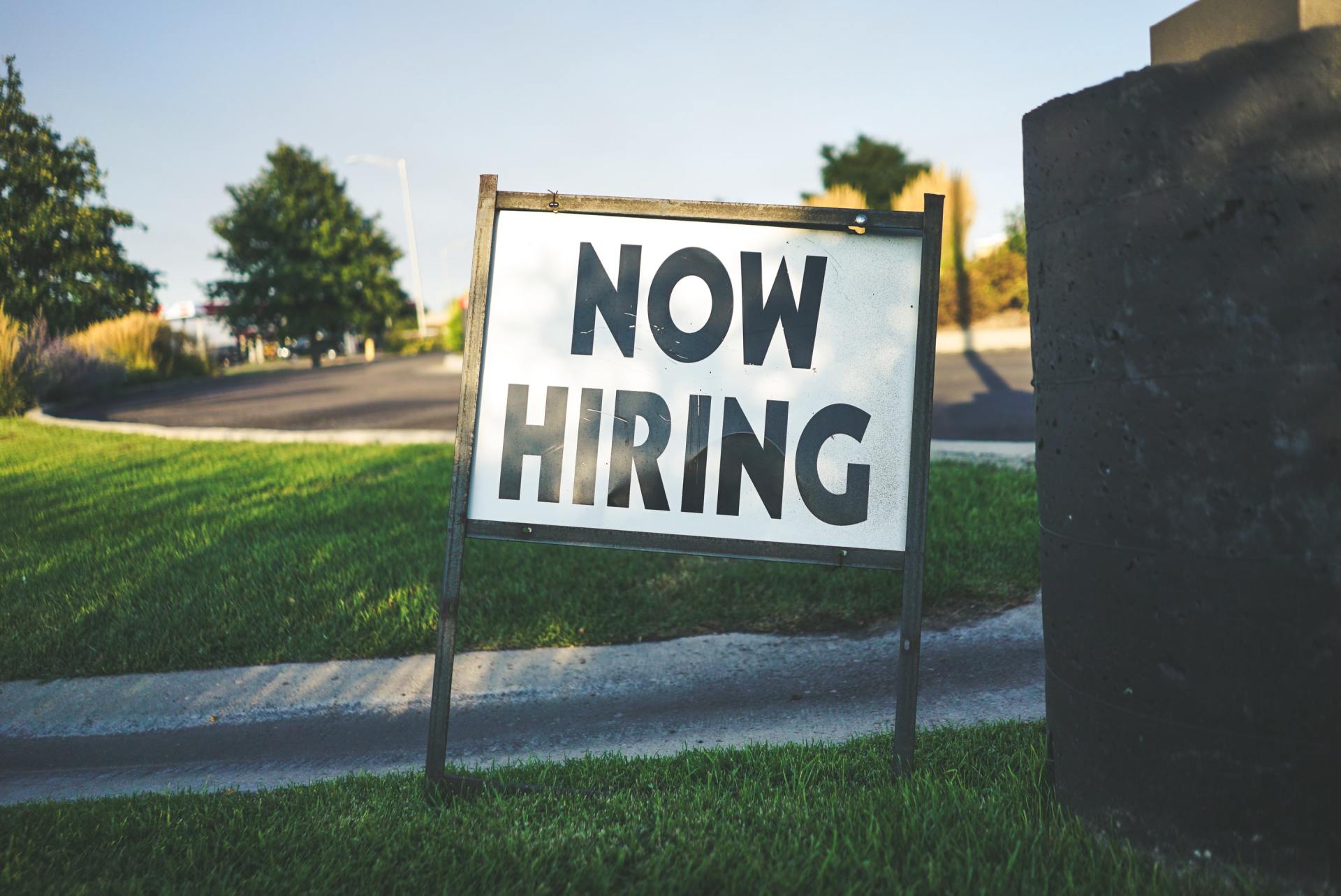
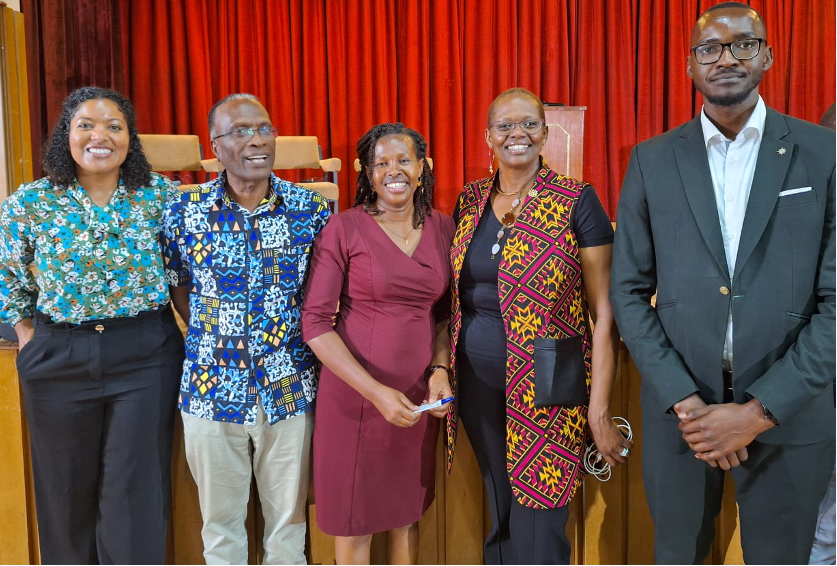
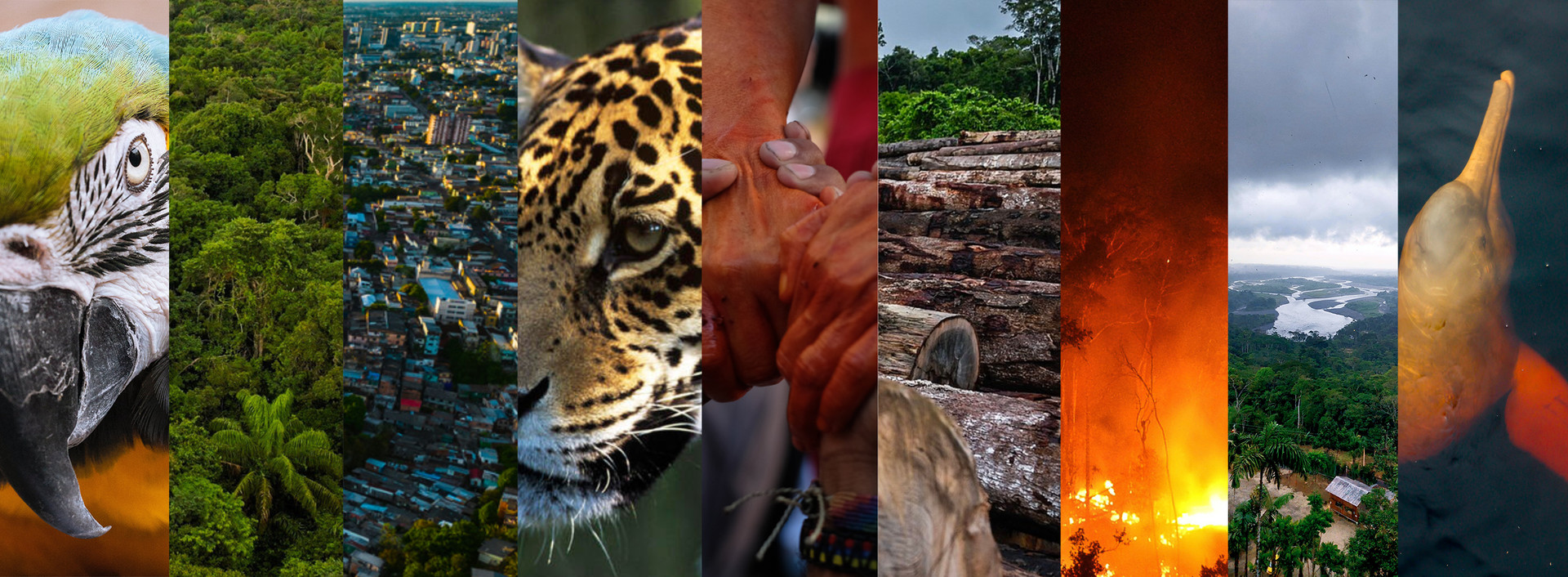
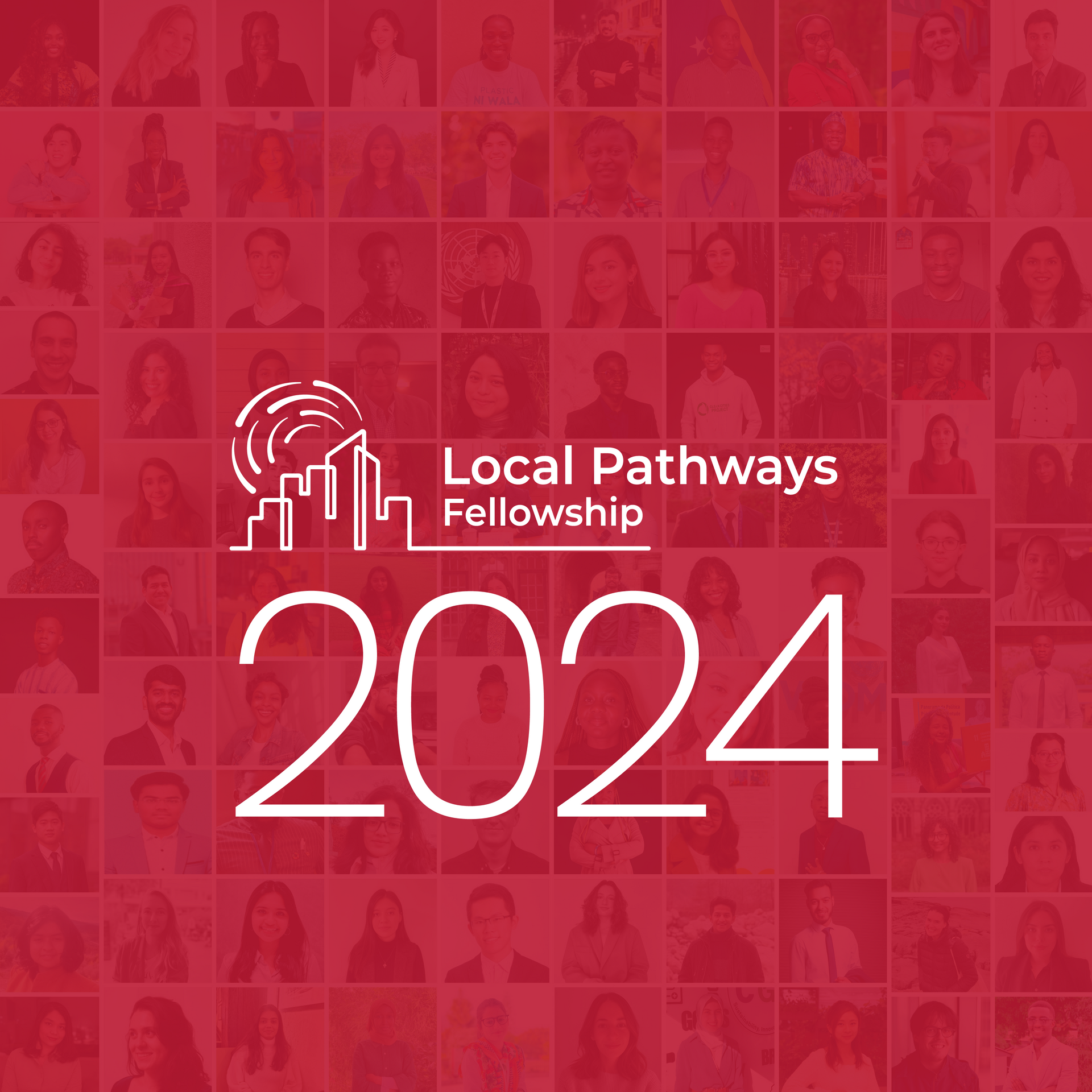
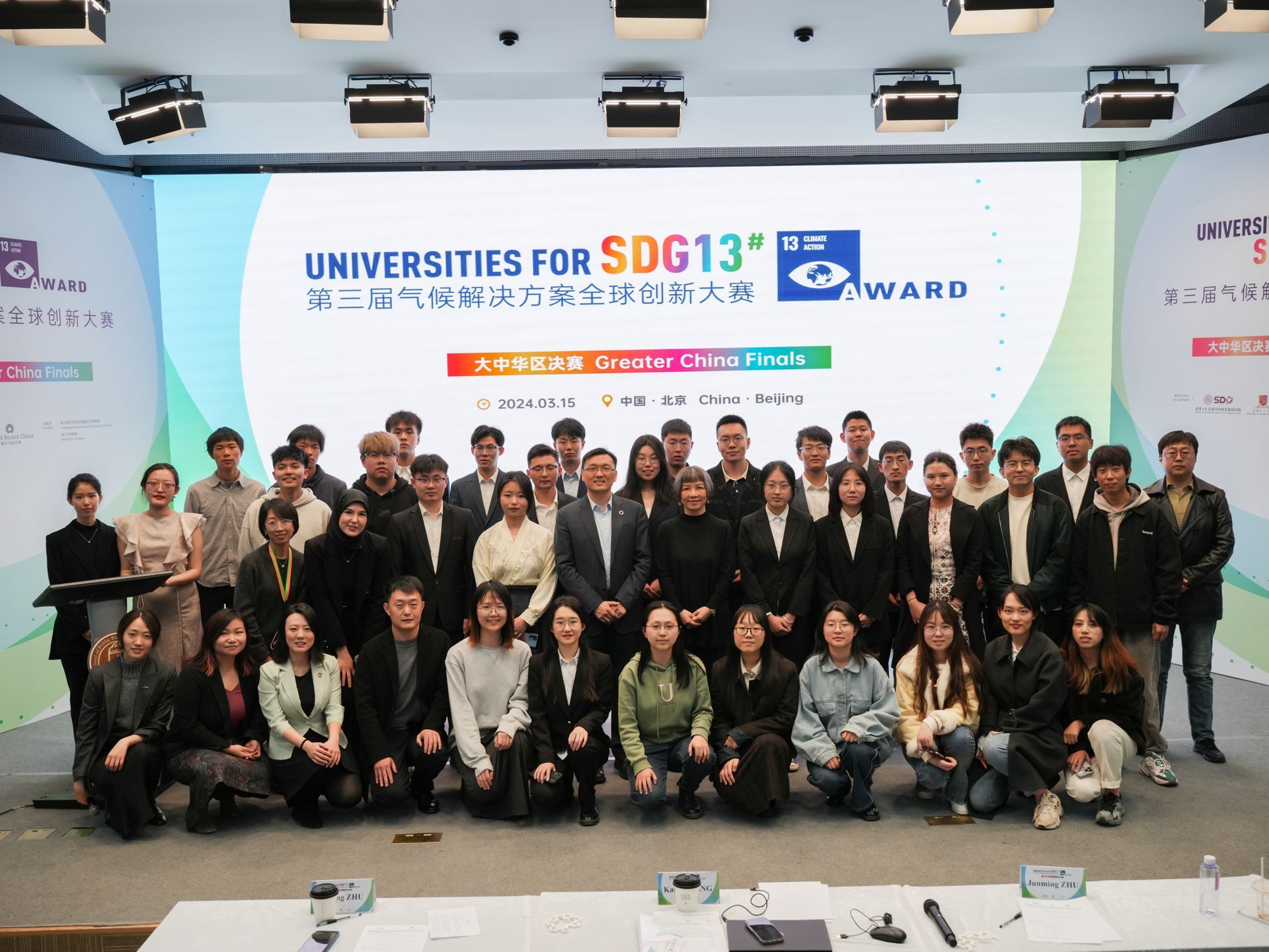
A panel on Long-Term Strategies and Decarbonization, facilitated by Agustin Matteri from UN Environment, convened Amal Lee Amin, Division Chief of Climate Change of the InterAmerican Development Bank; Patricia Campos, Climate Change Director at the Ministry of the Environment and Energy of Costa Rica; Emma Torres, Associate Director , Head of New York Office, SDSN; Ivan Dario, Coordinator of Low Carbon Development Strategy at the Ministry of Environment and Sustainable Development of Colombia; Ana Carolina Szklo, from the Brazilian Business Council for Sustainable Development; and Benino Hain, from the Ministry of Environment of Germany.
The dialogue explored the vision and challenges for countries to achieve decarbonization by 2050. In the LAC region, Costa Rica and Chile are committed to this goal, along with other countries such as Colombia, currently exploring different pathways towards deep decarbonization. The Inter-American Development Bank (IDB) is supporting countries in the region to achieve these ambitious goals, along with some foreign governments like Germany. Similarly, several industries in the Brazil’s private sector are advancing low carbon strategies and exploring new business models for the future.
Prior to the UNFCCC 2015 Conference of Parties (COP) in Paris, SDSN and IDRRI, a leading European think-tank, undertook the Deep Decarbonization Pathways Project (DDPP) engaging national teams in 16 countries covering 70 percent of global carbon emissions. The exercise demonstrated the technical feasibility for countries to significantly decarbonize their energy, transport, and industrial sectors by mid-century. The reports highlighted the potential of regional, national, and sub-national long-term strategies supported by integrated policies, regulations, and market mechanisms like carbon pricing.
Many of those national studies are now informing well-designed policy packages in consultation with stakeholders, policies, and resources specific to national contexts. It is critical to reduce fear and build stakeholder consensus through visioning/ pathways. A common message from Professor Jeffrey Sachs, Director of SDSN, is the critical need to articulate a clear long-term vision and not an incremental approach in order to avoid stranded assets and technology lock-in which will inhibit the energy transformation necessary to achieve the Paris Agreement goals.
The LAC region has a unique endowment of renewable assets and is in a position to embark on ambitious regional projects such as a renewable energy-dominated inter-connected power grid. Further, the region is a biodiversity superpower and is a major agricultural producer. However, land use and deforestation are significant carbon emitters. The need for broad regional coalitions on climate, forests, and agriculture- like the one established in Brazil – to transform the region into a sustainable innovative green and inclusive economy is essential. SDSN academics and member universities interacting at the country level are well positioned to support this process.
In the USA, the Green New Deal has led to national discussions on infrastructure and climate change. As a result, SDSN USA is now undertaking a USA Pathways Project to explore the energy transition in the Midwest and Southeast– regions with challenging political environments and currently low renewable energy penetration. The technical analysis for these two regions will be ready by the end of 2019, highlighting the pathways for decarbonization and the potential social development impacts of an integrated, well planned, energy transition.
The implementation of the Agenda 2030 and the Paris Agreement calls for major transformations. Universities, think tanks, and civil society can contribute by providing long-term pathways analyses and offering policy-makers their expertise and practical solutions. This is the vision of SDSN.
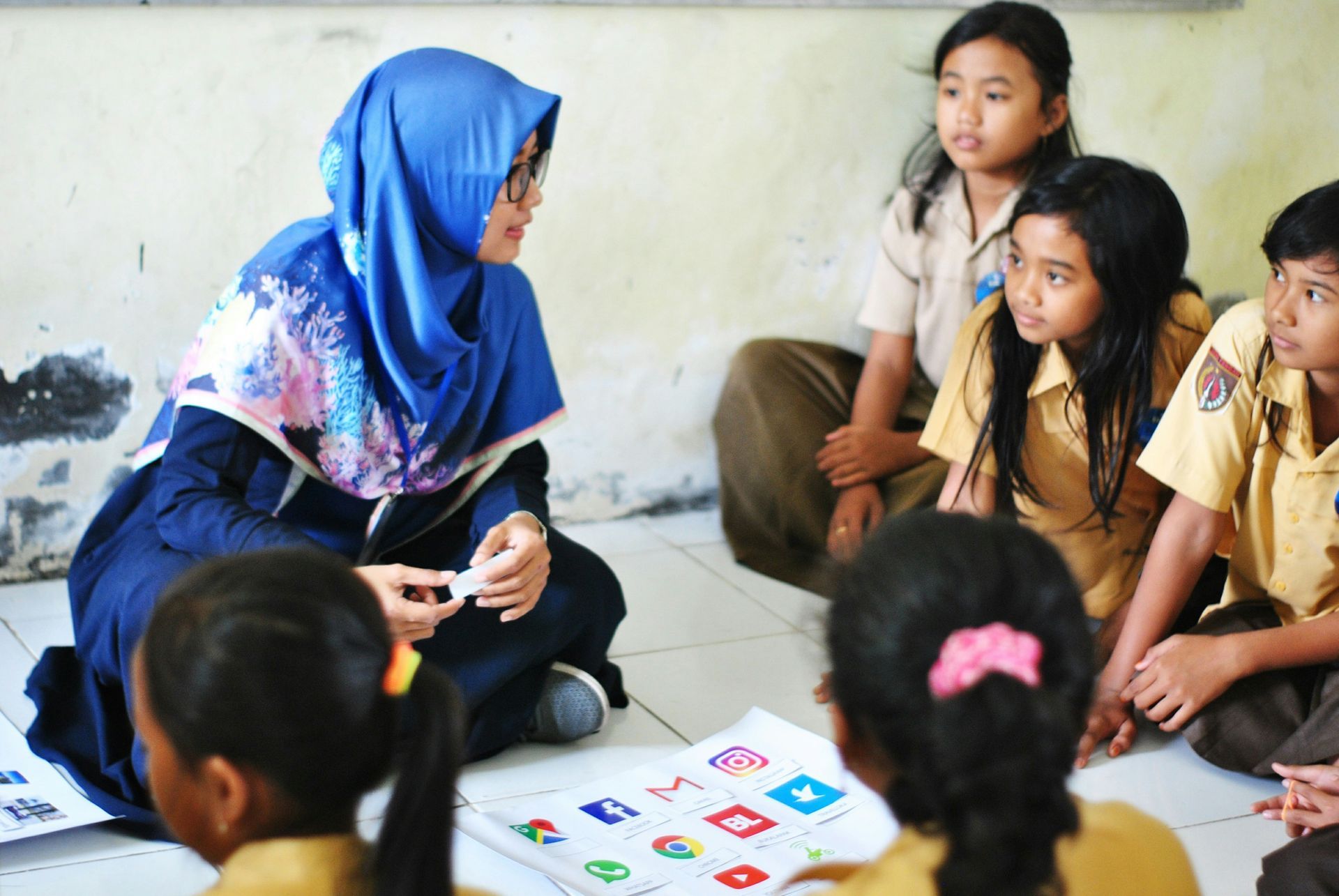





Get our latest insights, opportunities to engage with our networks, and more.
SDSN mobilizes global scientific and technological expertise to promote practical solutions for sustainable development, including the implementation of the Sustainable Development Goals (SDGs) and the Paris Climate Agreement.
Paris
19 rue Bergère
75009 Paris
France
+33 (0) 1 84 86 06 60
New York
475 Riverside Drive
Suite 530
New York NY 10115 USA
+1 (212) 870-3920
Kuala Lumpur
Sunway University
Sunway City Kuala Lumpur
5 Jalan Universiti
Selangor 47500
Malaysia
+60 (3) 7491-8622